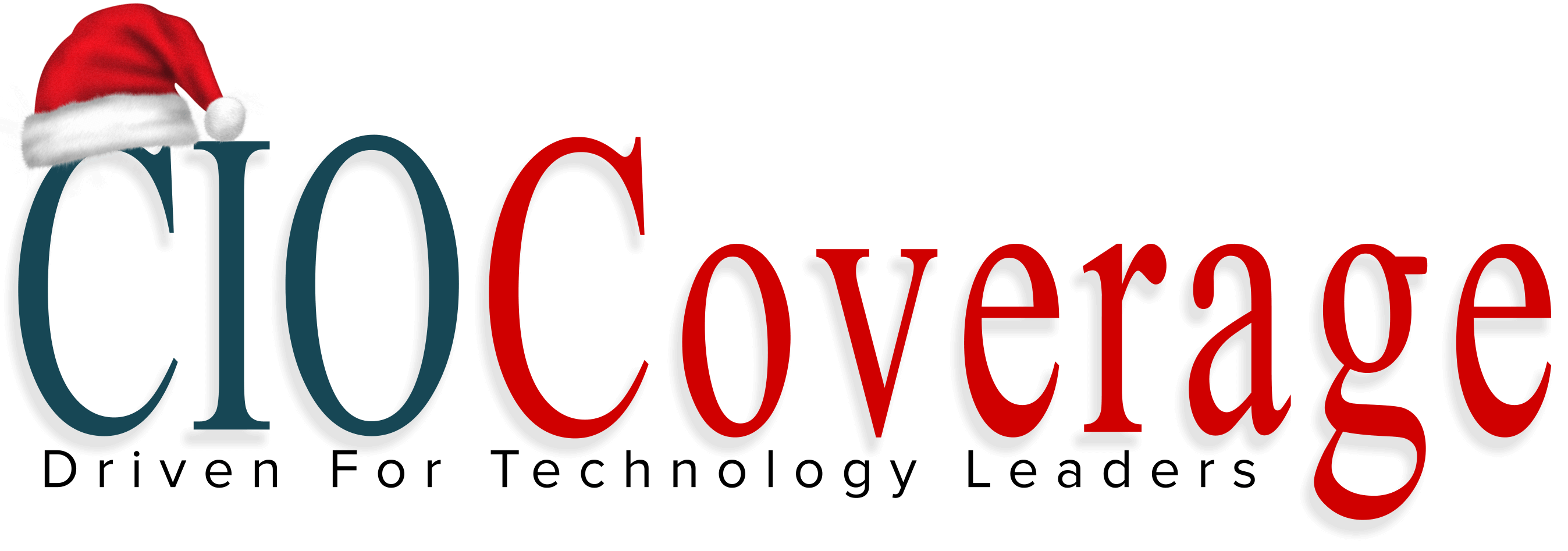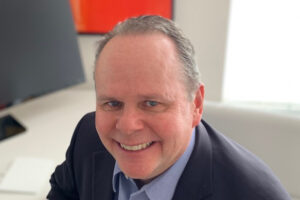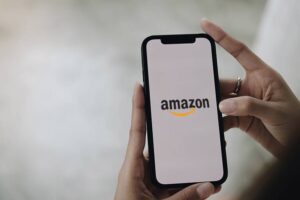 The industrial revolution was a revelation for many countries whose economies were able to advance at speeds not seen before. An unfortunate side effect of this was that the disparity between growth in the developed world and growth in the developing world, started to polarize exponentially at the same time and ultimately wealth and technical knowledge were transferred at a greater speed than before. FinTech, is at last redefining much of that shift and allowing for a fairer playing field with many new and exciting projects emerging from less developed markets. I envision exciting times ahead and a chance for the African Continent, for our people to shine on the world stage.
The industrial revolution was a revelation for many countries whose economies were able to advance at speeds not seen before. An unfortunate side effect of this was that the disparity between growth in the developed world and growth in the developing world, started to polarize exponentially at the same time and ultimately wealth and technical knowledge were transferred at a greater speed than before. FinTech, is at last redefining much of that shift and allowing for a fairer playing field with many new and exciting projects emerging from less developed markets. I envision exciting times ahead and a chance for the African Continent, for our people to shine on the world stage.
Personal finance dates back for thousands of years. Recent technological advances however, have meant that the world has moved on at such a rapid pace, that the divergence between service and who can access personal finance has reversed. This reversal has been so rapid, that in many parts of the world we are now seeing the adoption of a more inclusive model, transcending stages that the Western world has had to endure.
For example, the traditional use of branch banking, which up until recently, was seen as a requirement for customer integration, will never be seen in most parts of the developing world. It is simply not feasible for there to be a sudden spurt of local branches to be set up and to offer face-to-face services. Whilst this rule is not exclusive to developing countries, the need for out of the box thinking will likely mean modern day financial services will be accepted at a faster rate than in developed countries and new technology will harness financial inclusion.
Financial services are one of the key drivers of economic development and have a deep trending knock on affect. It helps people pull themselves out of poverty and mere existence, into a situation where they can start considering things such as education, health, and even saving or investing. Services such as managing and paying utility bills, transfer funds to third parties and even access to credit, are all more available. It also provides the small business owner with a way and means of charging and collecting fees for goods and services in a quicker, cheaper and more efficient manner. People no longer need to simply contemplate the idea of growing their business; they now have the means to do this. These benefits extend to areas such as social payments with people being able to receive their state benefits in a prompt and reliable manner.
From an investor’s perspective there are a number of attractions. First and foremost, the social and ethical aspects of investing in the regions and the sectors, surpasses most alternative investments. The Gates foundation acknowledges this element and states that over the next 15 years, digital banking will give the underprivileged more control over their assets which will in turn help them transform their lives. It is always wonderful to know your investments are doing ‘well’, but when they do ‘good’ it gives a sense of pride and fulfilment that goes beyond purely numbers.
Then come the numbers. The market itself is as impressive as it is disconcerting. There are close to one billion adults who still pay their bills via cash. Most of these individuals tend to be in the Far East, South America and North Africa. In developing economies, roughly around 280 million people still have to use an over the counter service to send remittances abroad. This includes 10 million in Bangladesh and 65 million in India. The number of unbanked people globally is stated to be around 2billion, yet two thirds of these people have access to a phone.
In relation to Fintech providers, there are a numerous companies that have grasped the challenge and grasped it well. The African continent has seen one of the most recognized and often quoted as one of the exemplary success stories of recent times. A story that underlines not only the potential of FinTech, but points to the fact that FinTech can be born from the desire for change in the developing world, and we do not need to wait for the more established tech countries to provide solutions. M-Pesa, which stands for Mobile and Pesa, as in Swahili for money, was born out of an agreement between local and regional telecommunications entities. It was one of the first companies to empower its users to deposit, transfer, withdraw and pay for goods and services from a mobile phone device. Its success in Kenya seamlessly emulates that of some well know digital service providers in mainland European countries such as Sweden.
Of course, I could not conclude without mentioning my own venture and one of my proudest achievements to date, Banco Postal. With a vision of creating a multi service bank, not just focused on helping one sector, but with a range of services aimed at empowering personal clients, small business and also smaller more rurally based customers, Banco Postal has a service model that sets it apart. Less than two years old, we already have over 235,000 customers utilizing Xikila money and are rapidly building a strong customer base in corporate, commercial and personal banking. So far we have loaned out over 100m Kwanzas to various businesses; we now employ close to 500 staff members and our customers have access to over 150 mobile kiosks. This concept of kiosks, marries a modern way of banking with a traditional community engagement approach and is unique in its offering. The journey has been hard work, but extremely fulfilling and is set to change the way that Angolans are able to operate in their daily lives.
For me the journeys of Banco Postal and M-Pesa and are inspirational. It makes me proud of what the continent is able to achieve in such a short space of time and hopefully it will give the generations to come proof that developing nations can also be true pioneers.










